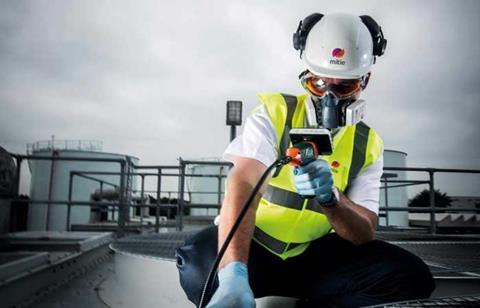
Mitie has reported a mean gender pay gap of 10.4% for average hourly pay as at April 2019, down from 13.8% the previous year.
The organisation, which currently has over 20,000 employees, reported its gender pay gap data in line with the government’s gender pay gap reporting regulations.
The reporting regulations require organisations with 250 or more employees to publish the differences in mean and median hourly rates of pay for male and female full-time employees, the gap in men and women’s mean and median bonus pay, the proportions of male and female employees awarded bonus pay, and the proportions of male and female full-time employees in the lower, lower-middle, upper-middle and upper quartile pay bands.
Due to the Covid-19 (Coronavirus) pandemic, gender pay gap reporting regulations have been suspended for the 2019/2020 reporting period, however, some organisations have chosen to do so voluntarily.
Mitie’s median gender pay gap is 4.5%, as at April 2019. On average, women earn 96p compared to every £1 their male counterparts earn.
Its median gender pay gap for bonuses paid during the reporting period is 8.9%; compared to a 65.5% bonus payment gap the previous year. The mean gender pay gap for bonus payments is 49.7%, compared to 47.3% the year before.
Over the reporting period, 6.3% of female employees and 7.5% of male employees received bonus payments.
One-quarter (25%) of employees in the highest pay quartile at Mitie are female, compared to 33% in the second quartile, 40% in the third quartile and 43% in the lowest pay quartile.
Damian Kelly, group head of reward at Mitie, said: “Our people are at the heart of our business, helping to deliver the exceptional every day. Our diversity is a major part of who we are, we all have different skills, insight, styles, expertise, and experiences. We are proud of the scale and diversity of our workforce and the breadth of skills and expertise our [employees] offer to our clients. Our diversity makes us stronger.
Our strategy is to create a great place to work by attracting and retaining a diverse workforce and fostering a truly inclusive culture, where everyone can bring their true selves to work. With many programmes launched or embedded over the last 12 months, we are making steady progress in the right direction.”











